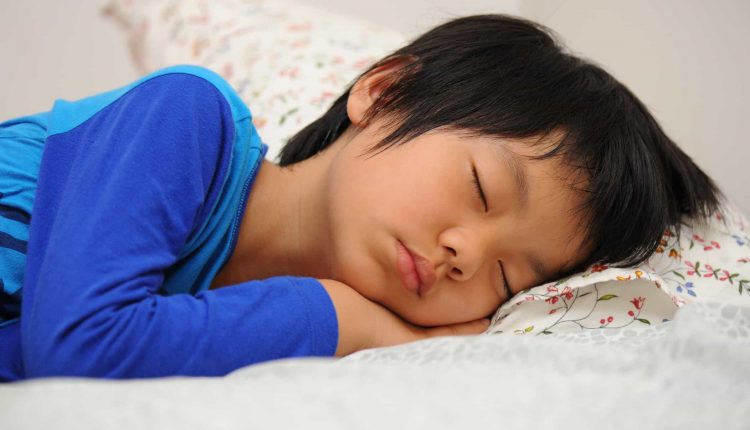KUALA LUMPUR: For the past 50 days or so, Mary’s two children, both primary school pupils, have been getting to bed way past midnight and waking up the next afternoon.
This routine of theirs started with the imposition of the Movement Control Order (MCO) on March 18 to check the spread of COVID-19 in the country. The MCO, among others, also resulted in the closure of schools.
Mary has had a tough time coaxing her children to get to bed early because they often tell her they cannot sleep early and stay awake until as late as 2 am.
“As a result, they wake up in the afternoon. I am worried that they may not be able to change their routine once school reopens after the MCO is lifted,” she lamented.
Mary’s predicament is not unlike R. Devi’s. The 45-year-old mother said her 15-year-old daughter also sleeps late and wakes up late.
“My daughter is a home-schooling student. She usually studies at night but she also wakes up early to follow the morning lessons from home. With the MCO in force, she has been waking up late. I am worried that she may carry the habit into adulthood,” said Devi.
Sleeping late and waking up late have become the routine for many school children as families adapt to the new normal under the MCO.
The routine is seen more in children than adults because, with schools closed, they have more free time at home, and they usually get reprimanded by their parents as well.
Parents fear that their children will have difficulty adjusting to the normal routine once schools reopen with the lifting of the MCO.
Dr Deepa Darshini Amarnath, a clinic psychiatrist at Kuala Lumpur Hospital, said the MCO can disrupt the routine of children considering that there is an absence of the usual social support from their peers and teachers.
She said the sudden change in routine can lead to varying levels of anxiety, fear and sadness in children and they will need their parents to be with them at all times, and it can also affect their sleep pattern.
“We all have an in-built body clock which is affected by daylight. When an individual (adult or child) stays indoors all the time, the brain does not receive the external cues (daylight) it needs to regulate a proper sleep pattern. This could in turn affect the sleep cycle of the child.
“To avoid this, try to stick as closely as possible to their prior routine (waking up at the same time, similar meal times, and for activities) and create a timetable of family activities. For children with special abilities such as autism, make a visual timetable that is less anxiety-provoking for them and assign simple tasks to the child; make them feel good that they are also helping out,” she told Bernama.
Dr Deepa Darshini said parents can use a friendly approach in a variety of ways, including telling their children that life will go on, or telling them about the hardships they faced and how they overcame them.
“Parents can also dedicate a specific time and let kids talk to them. Encourage them to express these emotions that they feel (fear, anger, sadness) in a manner they are comfortable with; it could be talking, drawing or writing about it,” she said.
Asked what kind of activities can be indulged in to maintain mental and physical health, she said simple exercises can be done every morning in the sun if staying in a landed property and letting sunlight into the dwelling if it is a high-rise apartment.
Dr Shukri Abdullah, a learning and parenting strategist, said parents have to play a key role in being firm but friendly and caring.
He said parents can set some rules in the home for their children to follow and discipline them.
“Most of all, never allow them to bring their mobile phones into their rooms. Being active on social media platforms such as Facebook, Instagram and YouTube is one of the reasons they sleep late and wake up late.
“One of the rules that can be set is to take advantage of the free time during the MCO and studying at least for five hours every day. Children may argue and cause a tantrum but parents have to be firm and slow talk with them on the rules that have to be implemented at home,” he said.
Shukri said several activities can be carried out to draw children away from the social media, such as solving puzzles, playing chess, drawing, watching films together and so on.
“Parents should also have the determination to spend time with their children during the MCO, something that may not be possible once the MCO is lifted. Be creative within your environment,” he said.
Beginning May 4, a Conditional MCO is being implemented to allow economic activities to restart but schools will remain closed until further notice.
The fourth phase of the two-week MCO is still in force, ending only on May 12.
– BERNAMA
Image Credit: https://playthetunes.com/songs-about-dreams/

